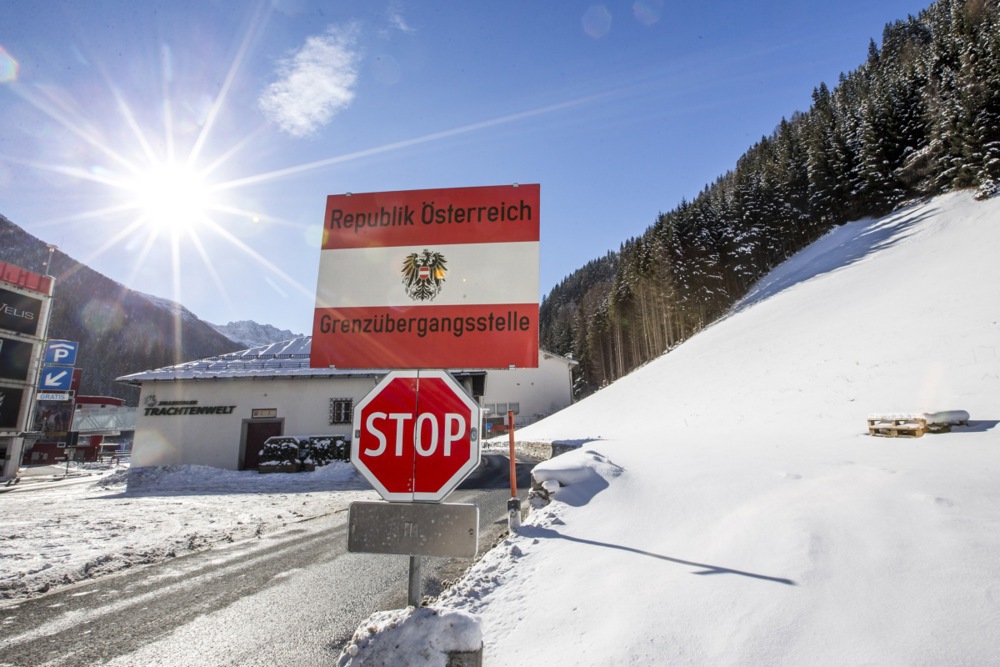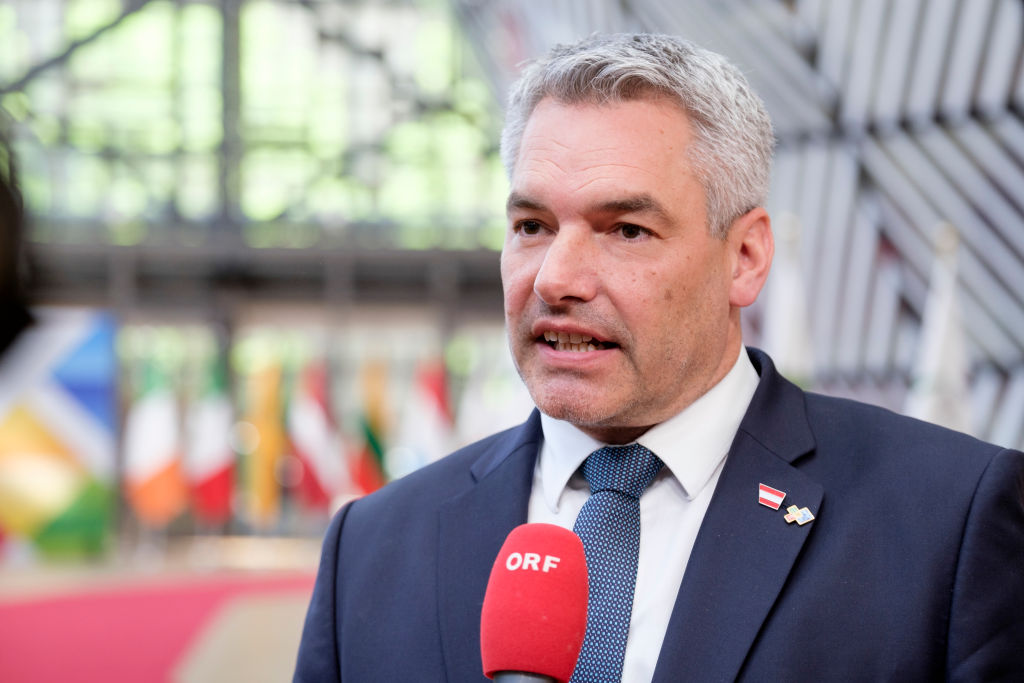On December 12, EU interior ministers approved Bulgaria and Romania for full membership in the border-free Schengen Area.
From January 1, 2025, the EU’s internal land border controls with Bulgaria and Romania will be lifted, announced Hungary, which holds the European Union’s rotating presidency.
“A great victory for Bulgaria, Romania, and all of Europe!”, said the official account of the Hungarian Presidency of the Council in a post on X.
‼ DEAL! Interior ministers have just adopted a decision to lift internal land border controls with and between Bulgaria and Romania from 1 January 2025. A great victory for Bulgaria, Romania, and all of Europe!#HU24EU
???? pic.twitter.com/b2rVO45vZV— Hungarian Presidency of the Council of the EU 2024 (@HU24EU) December 12, 2024
“This important step completes the full entry of both countries into the Schengen area,” announced the European Commission.
This “not only strengthens the Schengen area but it will further strengthen the internal market, increase travel, trade and tourism. A robust Schengen area reinforces the EU’s unity and makes the EU stronger at a global scale,” it added.
It was “a day of joy for all Bulgarians, Romanians and our entire Union”, European Commission President Ursula von der Leyen said.
“This is important for all of us, European citizens and businesses. Together we will reap the benefits of a stronger and more connected Union,” she added.
Romania and Bulgaria had applied for membership over a decade previously.
The European Commission has pushed for both countries to join the area, saying the two countries had been ready since 2011.
While most other countries dropped their opposition, Austria and the Netherlands continued to resist both countries’ Schengen membership, citing fears of uncontrolled immigration.
On November 22, Austria announced it would drop its resistance and not use its veto to block the countries from joining.
The Netherlands also softened its stance. On December 11, Dutch migration minister Marjolein Faber said she would support their full membership in Schengen, in line with the opinion of the Dutch cabinet, despite her personal objections.
Her own Freedom Party, known for scepticism on migration, still objected to the news in the parliament, but to no avail.
Although Bulgaria and Romania joined the EU in 2007, they were only granted partial Schengen membership in March 2024.
Airport border checks were eliminated in exchange for improved border controls, increased financing for border surveillance infrastructure, and increased participation from Frontex, the EU border and coast guard.
The expansion of the Schengen region came at a time when EU countries struggled with migration and have reinstated border controls to keep illegal migrants and criminals out of their countries.
Schengen is designed to be a passport-free travel area but Belgium, home to the European Union, has now found itself boxed in by neighbours reinstating border controls. https://t.co/7KJ1NtXubJ
— Brussels Signal (@brusselssignal) October 30, 2024
Bulgaria and Romania have also experienced periods of unusual political turmoil.
Bulgaria has bee unable to form a stable government for over three years, and as held seven elections in that time.
Romania’s Constitutional Court annulled the first round of its presidential election results, over concerns of alleged foreign influence.
The countries’ membership of Schengen, however, would serve a European interest in keeping both countries in the Western sphere of influence, while combating possible pro-Russian sentiments.





